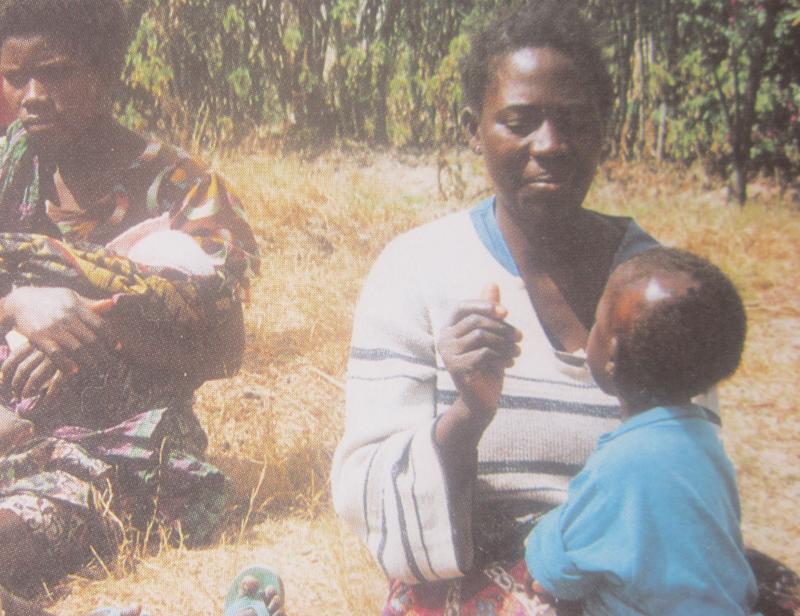Be Patient with Us
By Fr. Eugene Canete, CICM
On the afternoon of December 18, 1995, I was ordained a priest in Mandaue City, Cebu, the event was like a Family Day, a grand reunion of relatives, friends and confreres. Some interpreted the occasion as standing for the missionary animation of my parish. For myself, it was more of a Thanksgiving Day for a dream come true. Truly, I thank God for all that has been in my life.
Back to Africa
Two months after, I left the Philippines to become the new parish priest of a place called Chibuluma, Zambia. This mission is familiar because I had served her for three years as an interm (a "professional trainee" ), an animator of the young boys and girls and later priest-in-charge. In the next three years or more, Chibuluma will again be my home.
Many Poor
Chibuluma is home to many poor people – the charcoal burners, market vendors, those engaged in small-scale business and, after quite a number of lay-offs now in the mines, the ex-miners as well. “Chibuluma has never really recovered from her situation of poverty,” quipped one of the residents. This makes me wonder how our poor people live everyday considering the economic inflation. In fact, not far from Chibuluma is another growing population of poor settlers, in a place called Chibote, a parish on its own.
A Celebrating and Concerned People
Up to now, I am still amazed at how our poor can also be a celebrating and concerned people as well, a week after I arrived, in Chibuluma, a grand welcome was tendered for me. The people were singing and dancing during the Mass. After communion, short speeches of encouragement and their hopes for their new priest were shared by the leaders of different small Christian communities. This kind of celebration was also multiplied in the other parishes, in two outstations and by some small group in the parish.
There was likewise offerings of gifts, something admirable and yet they can also be unclear to the mind. Their sense of spontaneous offering of gifts in admirable. How do they do that? For most of them, life is simply living for what they receive daily, or by the grace of God! And yet the amount of money and foodstuff I received on that day was so great quantity that I was puzzled myself. Where could they come from? Have they learned this from Gaitus (in 3 John5) who rendered hospitality to traveling missionaries?
She washed my face
What was even more touching for me was the gesture of concern shown by my Zambian foster mother (who stood for my parents during my deaconate ordination in this same place in 1994). Taking with a basin of water and towel, she approached the altar and washed my face with these words: If ever you fell tired with us, just wash your face to cool yourself. In other words, be patient with us. You are our father.”
Looking forward with Hope
I look to the future with hope (I think this is the only way!) when our people are happy, I hope to share in their happiness. And deep down, I also pray the their joy may be sustained, one that is lasting and liberating, the best that we can do together is really when we all search for a ways to share out faith, prayer life, and the Gospel values with of another in community. I believe this should no be impossible. The realization of “working together and working with” can lead to a bright outcome. Maybe with the people of Chibuluma, this can be possible!
I remember Tevye in the Fiddler on the Roof praying: “God” he said, “you can make it tough but please don’t make I impossible.” In the same spirit, as Tevye, I conclude.
